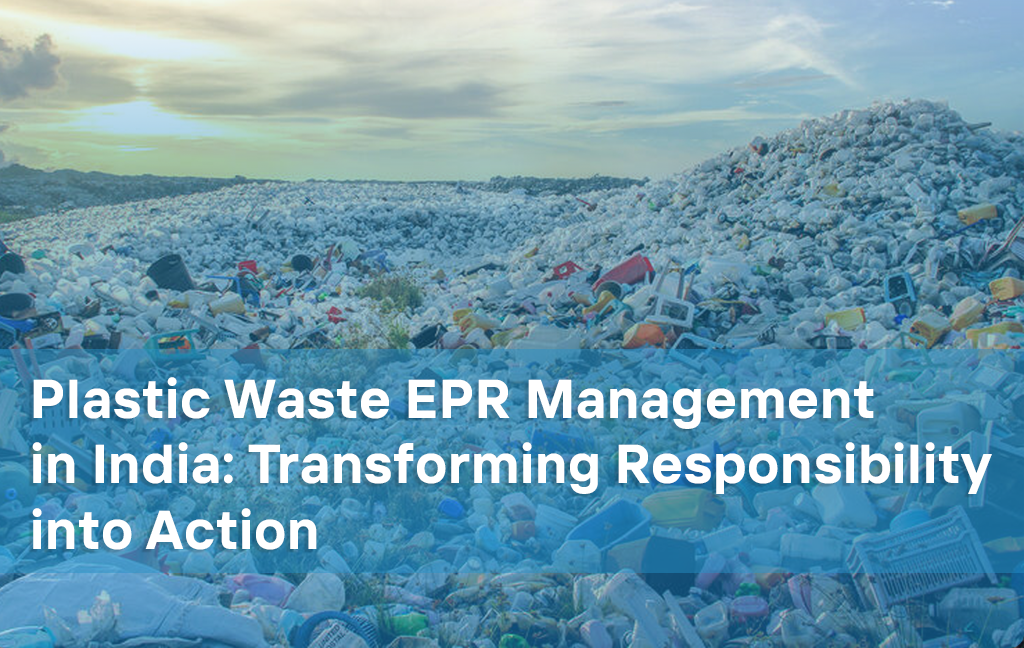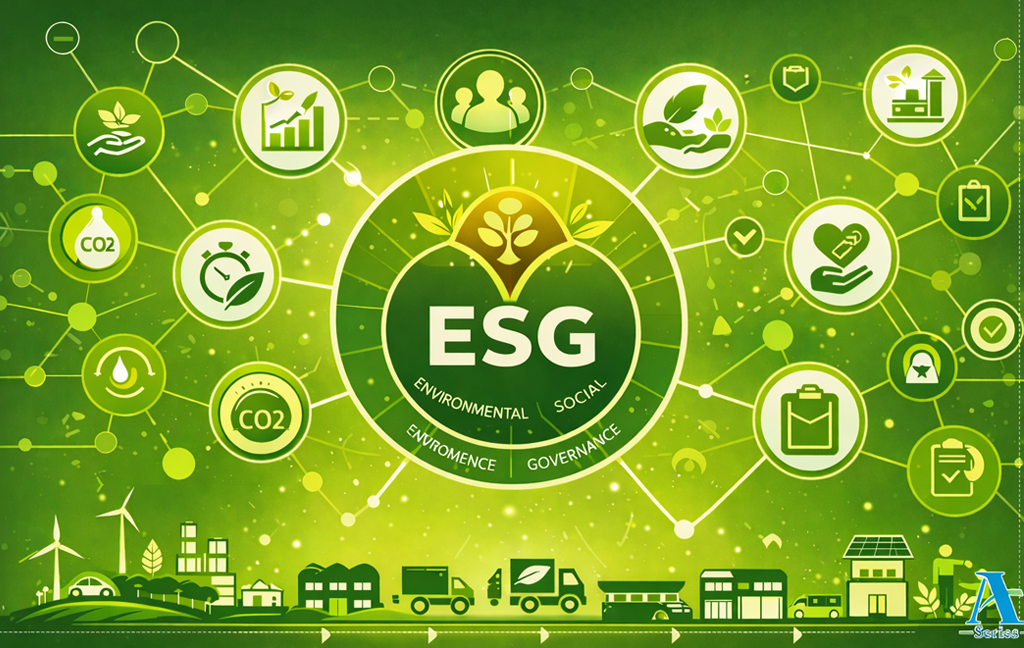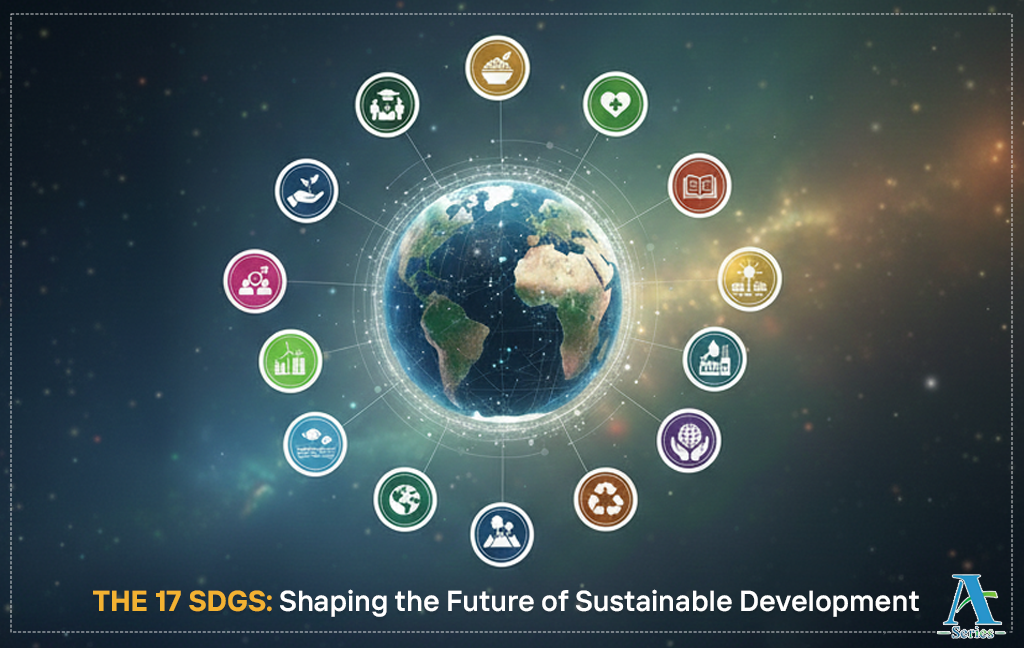Plastic Waste EPR Management in India: Transforming Responsibility into Action

India, like many developing nations, is grappling with the mounting challenge of plastic waste. With rapid urbanization, growing consumption patterns, and increased packaging needs, the volume of plastic waste generated each year continues to rise. In response, the Indian government has introduced Extended Producer Responsibility (EPR) as a core mechanism to ensure that those who produce plastic take full responsibility for its lifecycle — from creation to disposal or recycling.
What is EPR for Plastic Waste?
Extended Producer Responsibility (EPR) is a policy approach under which producers, importers, and brand owners (PIBOs), PWPs, SIMPs, ULBs are made legally accountable for managing plastic waste after its consumer use. The goal is to reduce the environmental footprint of plastic by ensuring its effective collection, segregation, recycling, or disposal through authorized waste processors.
Categories of Plastic Packaging under EPR
The Plastic Waste Management Rules divide plastic packaging into the following categories:
- Category I – Rigid plastic packaging
- Category II – Flexible plastic packaging (single or multilayer)
- Category III – Multilayered plastic packaging (with at least one non-plastic layer)
- Category IV – Compostable plastic
Each category has specific recycling and end-of-life processing targets, making EPR implementation more structured.
Key Compliance Requirements
PIBOs must:
- Register on the Central Pollution Control Board (CPCB) EPR portal.
- Submit an Annual EPR Action Plan.
- Meet year-wise targets for collection, recycling, reuse, and end-of-life disposal.
- Obtain certificates from registered recyclers and co-processors to validate fulfilment of targets.
The EPR Certificate System, introduced in 2022, adds transparency by digitally tracking plastic waste handling and linking it with EPR credits.
Progress & Challenges
Achievements So Far:
- Over 51,949 PIBOs have registered with the CPCB.
- The emergence of EPR Service Providers has simplified compliance for brands.
- Growth in plastic recycling units and waste aggregators across India.
Ongoing Challenges:
- Lack of awareness among small and medium enterprises.
- Non-uniform implementation across states.
- Informal sector integration remains limited.
- Data gaps in plastic waste generation and recycling rates.
Case in Point: EPR in Action
Case Study: Hindustan Unilever (HUL)
HUL, one of India’s largest FMCG companies, continues to set benchmarks in plastic waste management and EPR compliance. The company has not only met its regulatory obligations but gone beyond to create a scalable, community-linked plastic waste management ecosystem.
As per HUL’s continued efforts and available sustainability disclosures, the company has maintained plastic neutrality and expanded its outreach significantly — reportedly covering thousands of towns and collecting over 1 lakh tonnes of plastic waste annually.
Case Study: Reliance Industries Limited (RIL) – Closing the Loop on Plastics
In 2024–25, Reliance Industries Limited (RIL), one of India’s largest petrochemical companies, has made significant strides in integrating EPR obligations with circular economy principles.
EPR Integration with Business Strategy
RIL has taken a holistic approach toward plastic waste management by aligning its EPR targets with its broader sustainability goals. Under its Sustainable Sourcing and Recycling Initiative, Reliance has:
- Collected and processed over 60,000 tonnes of post-consumer plastic waste in FY 2024–25 — exceeding its mandatory EPR targets.
- Partnered with more than 500+ urban local bodies (ULBs) and informal sector aggregators across India.
- Used the recycled plastic in manufacturing new packaging materials, including bottles, bags, and containers — promoting closed-loop recycling.
The Road Ahead
India’s EPR system for plastic waste is still evolving. The introduction of recycling certificates, traceability tools, and targeted monitoring mechanisms are steps in the right direction. However, effective collaboration between stakeholders — government, industry, recyclers, and civil society — is essential to build a truly circular economy.
To make EPR successful, we must:
- Encourage innovation in sustainable packaging
- Improve informal sector inclusion and training
- Support digital tools for real-time tracking and reporting
- Promote public awareness and behavioural change
Conclusion
Plastic waste EPR is more than just a regulatory obligation — it is a powerful framework to transform our relationship with plastic. By placing the responsibility where it belongs, India is setting the stage for a cleaner, more sustainable future. As the compliance ecosystem matures, businesses must rise to the challenge — not only to meet legal targets but to be part of the solution.
About Aseries Envirotek India Pvt. Ltd.
As one of India’s leading EPR consulting firms, Aseries Envirotek India Pvt. Ltd. offers comprehensive, CPCB-compliant solutions for Plastic Waste Management—helping brands, producers, and importers fulfill their Extended Producer Responsibility (EPR) obligations efficiently and transparently.
Trusted by Brands for End-to-End Plastic EPR Compliance
Registration, Target Fulfilment, Recycling Partnerships, Certificate Management ,CPCB-Compliant, Transparent, Reliable
Let’s build a circular future for India—one plastic wrapper at a time.






